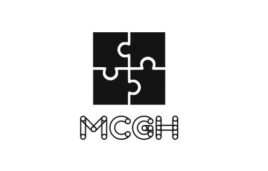
by Sylvester Addo | Feb 5, 2016 | General, How-tos, Internet, Questions And Answers, Windows, WIndows Phone
WhatsApp Web is finally available to Microsoft Edge browser users.
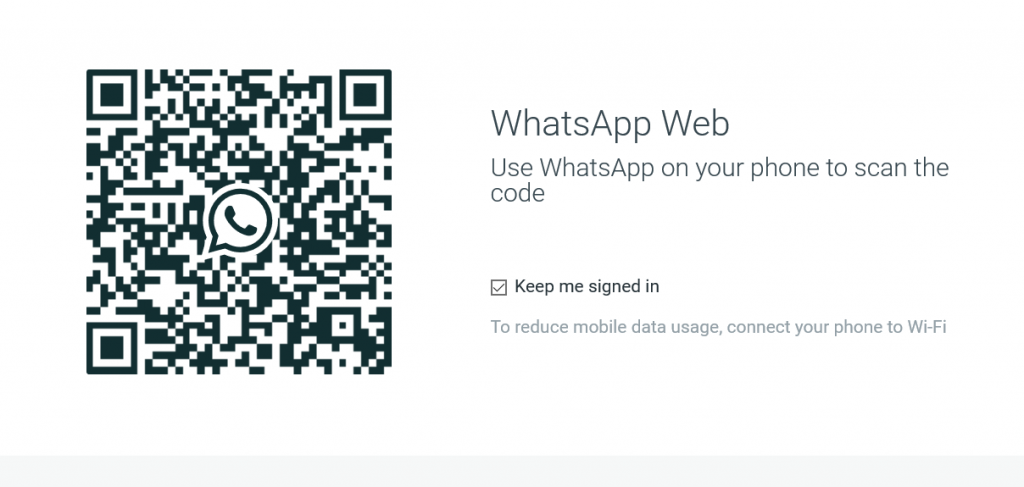
Microsoft Edge is the official browser that comes pre-installed in Windows 10 and Windows 10 Mobile operating system. It’s also the browser that officially replaced Internet Explorer (still available in windows 10).
WhatsApp Web was introduced sometime in January 2015 as a web client that mirrors a persons chat account from your phone to your personal computer. This was introduced to provide a richer communication experience to users of WhatsApp. WhatsApp Web isn’t a different chat account or platform. It’s the same WhatsApp account setup on your phone that gets synchronized and mirrored to the PC, so you have the same information.
But up until now it wasn’t usable on Microsoft Edge browsers and still doesn’t support any Internet Explorer version.
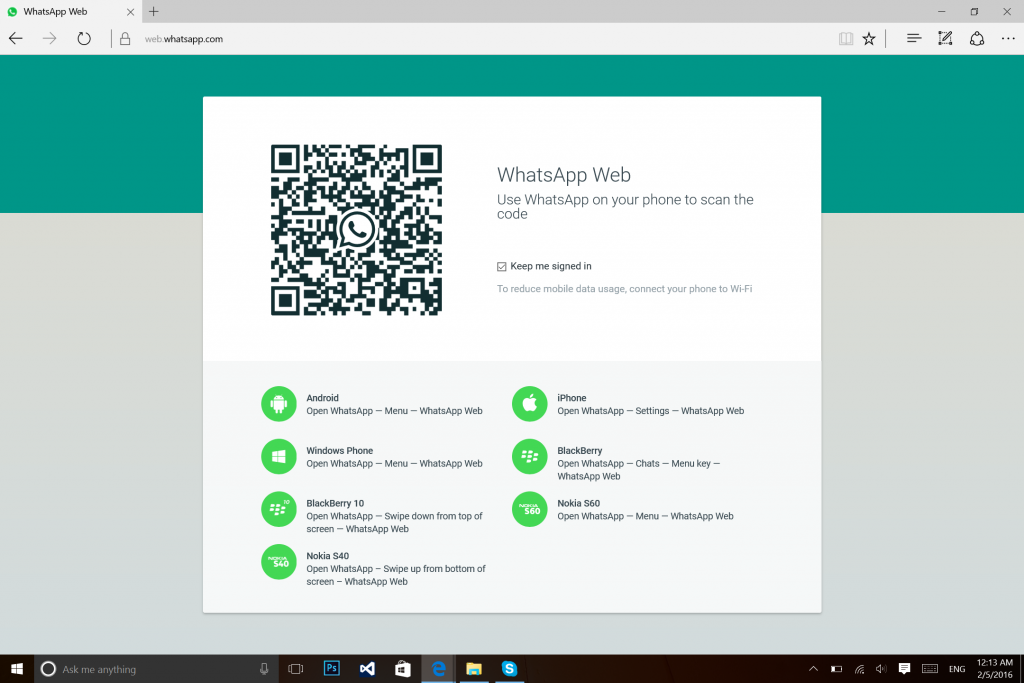
How do you go about this?
Minimum requirements to enjoy WhatsApp Web
- You need to have an active WhatsApp account on your phone.
- You need to have a stable internet connection on both your phone and your computer.
- You need to use the latest version of Microsoft Edge, Chrome, Firefox, Opera or Safari as your web browser on your computer.
Once you meet the browser specifications;
To get started with WhatsApp Web
- Visit web.whatsapp.com on your computer.
- Open WhatsApp on your phone.
- On Windows Phone: under Chats go to Menu > WhatsApp Web.
- On Android: in the Chats screen > Menu > WhatsApp Web.
- On iPhone: go to Settings > WhatsApp Web.
- On BlackBerry: go to Chats > Menu > WhatsApp Web. (On BlackBerry 10: Swipe down from top of the screen )
- Scan the QR Code on your computer screen from your phone with your camera.
From your phone, navigate to WhatsApp Web to view your logged in computers or to logout from an active chat session.
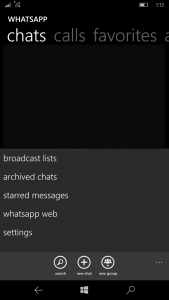
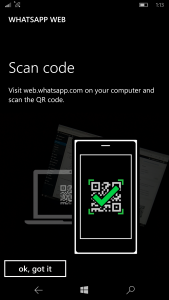
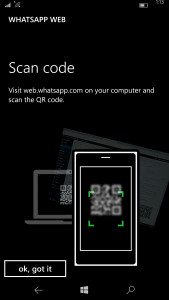
Is this an added bonus to you?, because honestly I’ve been looking forward to this as I’ve decided to try out only Microsoft Edge and Internet Explorer on a PC as only browsers. There have been some limitations as expected but with more extensions expected to be available in the next major Update aka “RedStone”, I guess I wouldn’t have much to worry about.
With WhatsApp being used by people in doing several things like sharing vital information during natural disasters or health emergencies, finding a date, growing a small business, buying an engagement ring, or seeking a better life etc. it comes in handy.
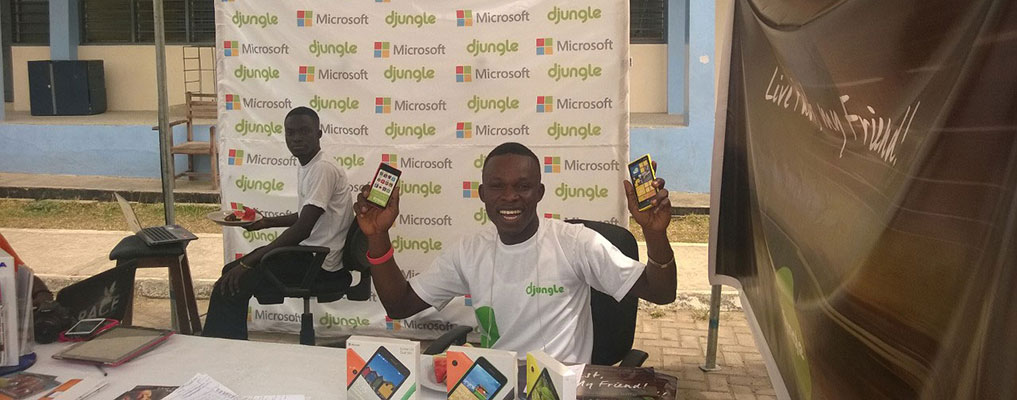
by Sylvester Addo | Jan 30, 2015 | 4Afrika, General, Internet, Windows

Months of testing and running pilot projects in Koforidua using tv white spaces to provide internet service has come to an end and the first commercial internet service network using TV white spaces in Ghana has begun. This makes SpectraLink Wireless the first company outside the United States to operate a commercial Internet service using the TV White Space radio technology.
TV white spaces, are the unused portions of wireless spectrum in the frequency bands generally set aside for television transmissions. Better use of the spectrum is said to lead to cheaper, more ubiquitous and higher-bandwidth wireless broadband connectivity. TV White Space network has the ability to penetrate foliage, hills, and other barriers while covering an area about 10 kilometers in diameter utilizing minimal equipment and infrastructure.
The commercial service builds on the success of the initial TV white spaces pilot launched in May 2014. Spectra Wireless is the first company in Africa to offer a consumer broadband Internet access service leveraging TV white space technology
Spectra Wireless’ new service launched as the “djungle” or “djungleEd” targets African tertiary education. The service has been launched in Koforidua Polytechnic and is packaged to allow students to have their own internet bundles, determine their own usage and purchase an internet-enabled device for anytime, anywhere access and enhanced productivity.
- Affordable ubiquitous Internet access for the entire university population (Purchase high speed internet bundles)
- Productivity applications from Microsoft such as Office 365, hosted email and cloud storage (Use relevant apps, including Microsoft Office 365 and The Microsoft Virtual Academy)
- Affordable devices and attractive zero interest loans for students in partnership with UT Bank (Apply for zero-interest loans in partnership with UT Bank to purchase select, internet-enabled Microsoft, Lenovo, Dell and HP devices)
“High-speed broadband offers students and teachers a way to access learning resources from all over the world, equalizing the divide between developed and developing nations,” says Fernando de Sousa, Microsoft’s Africa Initiatives general manager.
Packages include Learner (1 day unlimited data for 3 GHS), Trainee (1 month X 1/2 X speed unlimited data for 30 GHS) and Professor (1 week X 4 X speed unlimited data for 33.75 GHS). Subscribers can access the network via WiFi, which is deployed across the campus and in their hostels. White Space radios are used to connect to hostels up to five kilometers from the campus, ensuring that all students have equal opportunities in accessing the service.
“We are excited about finally launching this service. Word is spreading fast, and we are already receiving interest from other universities in Ghana, as well as from the Ivory Coast and Nigeria. I personally want to thank our investors, strategic partners and employees who helped make all of this a reality.” – John Sarpong – President & CEO
Source: Microsoft, SpectraLink Wireless,
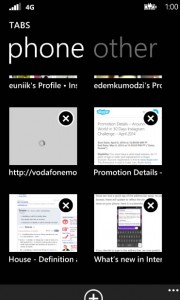
by chrisdofdof | May 22, 2014 | General, Internet, Windows
If you have upgraded your Windows Phone 8.0 using the developers preview program to 8.1 you’ll realize as part of the significant changes in the OS Internet Explorer had its share of the update.
The massive upgrade from the IE team is centered on these areas; quick site access, fast and fluid 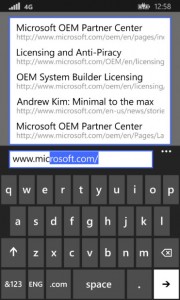 browsing, safety and privacy, and accessibility.
browsing, safety and privacy, and accessibility.
You’ll notice the ease with which you can now access a website with the upgraded frequent sites and url predictions.
The number of multi-tabs you can open has also been increased from the previous allowed six to as many as you want opened. Accessing tabs has been made very easy, having it right next to the address bar. The refresh button is also immediately available,
Internet Explorer 11 allows you to sync your browsing data across phone, tablet and PC. This includes your favorites, history, passwords and opened tabs so you can easily pick up from where you left off when you switch devices “finally say goodbye to emailing yourself links!”
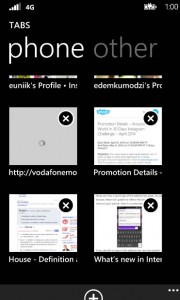
IE updates for windows phone
If you loved live and pinned sites on Windows 8.1 get ready as it’s now available, unlike previously when your pinned favorite blog was a screen shot on your windows phone, you now have rich site icons that update in the background.
Some other upgraded features include In-line video playback, Reading View, Remembering passwords, Swipe to go back and forward just like on a PC or tablet, saving Downloaded files, Safety and privacy (anti-phishing protection with Smart Screen Filter, DoNotTrack signal) InPrivate, DataSense, High Savings Mode (downloads only the most important pieces of the Web site and heavily compresses images) and Accessibility.
Head over to the IE blog for all the detailed updates
What do you think of these updates in the new IE 11 for #WindowsPhone 8.1, we look forward to your thoughts, leave comments below.
Source: IEBLOG
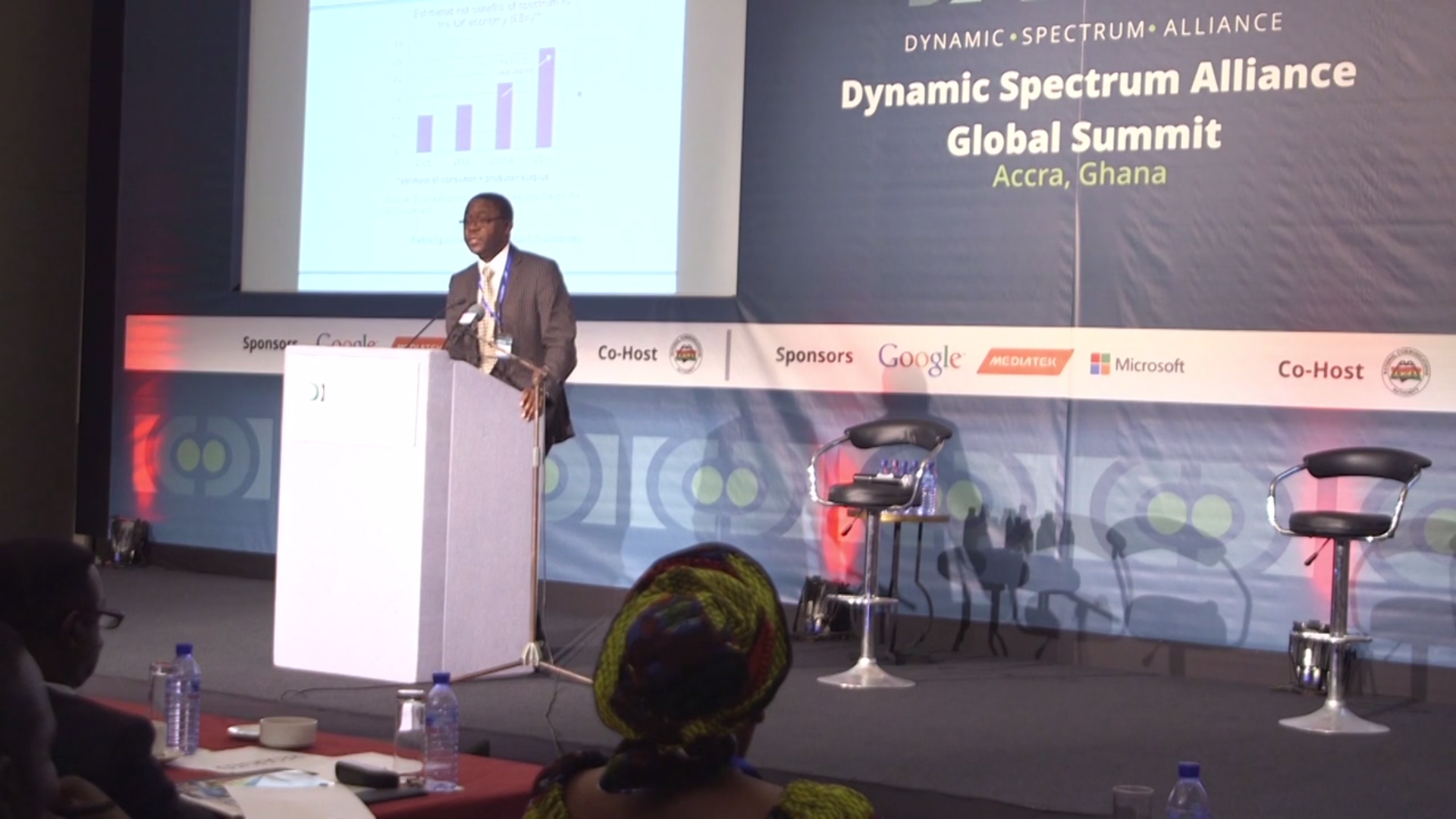
by Sylvester Addo | May 17, 2014 | 4Afrika, General, Internet
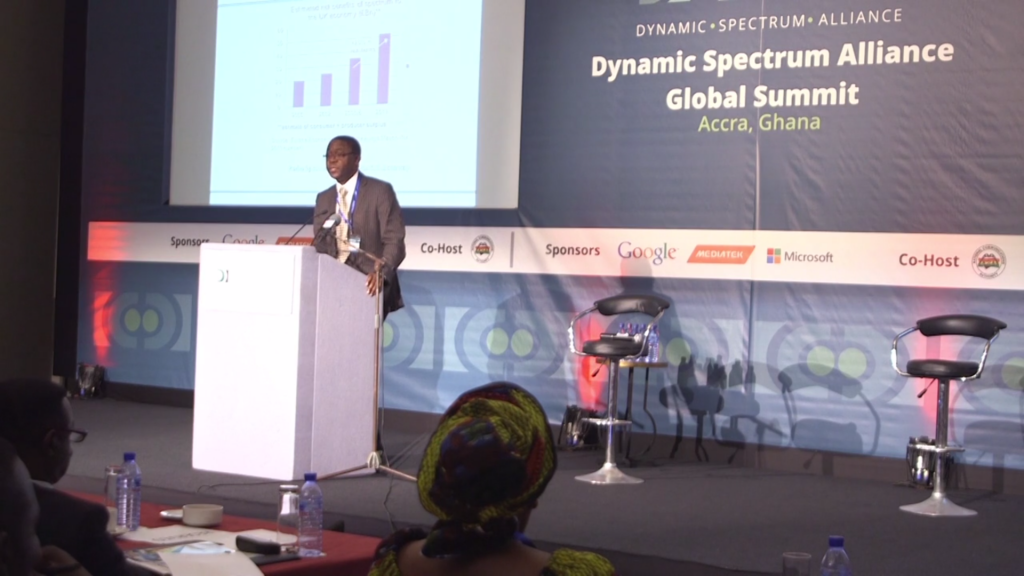
Tuesday May 13th, at the Dynamic Spectrum Alliance Global Summit in Accra, Microsoft Corporation announced new TV white spaces pilot projects on four continents, including the newest project in Koforidua, Ghana, in partnership with SpectraLink Wireless and Facebook said Paul Garnett, Microsoft’s Technology Policy Group Director at the summit.
Paul says TV white spaces, which are the unused frequencies in the wireless spectrum band dedicated to television, are “widely seen as the first opportunity to enable wireless devices to opportunistically tap into unused spectrum, better use of the spectrum could translate to cheaper, more ubiquitous and higher-bandwidth wireless broadband connectivity.”
Microsoft is currently involved in pilot projects in 10 countries, spanning four continents. To learn more, read Garnett’s full post on Microsoft on the Issues.
TV white spaces, the unused portions of wireless spectrum in the frequency bands generally set aside for television transmissions, can be utilized for a range of applications including the following:
• Providing low-cost connectivity
• Connecting rural areas to broadband
• Improving in-building wireless networks
• Creating hotspots for Internet access
• Offloading mobile traffic
Microsoft’s commercial partnership with SpectraLink Wireless and research partnership with Facebook will deploy wireless networks covering entire campuses at All Nations University College and Koforidua Polytechnic. This pilot is part of Microsoft’s 4Afrika Initiative to help improve the continent’s global competitiveness. A core goal of the 4Afrika Initiative is to facilitate access to technology for the masses and to empower African students, entrepreneurs, developers and others to become even more active global citizens.
For students and faculty at the universities, access to the network will be coupled with productivity and communications applications as well as Internet-enabled devices. The networks will use TV white space-enabled radios and other wireless technologies to connect campus buildings, as well as off-campus hostels where students live, to ensure they have access to fast broadband. The project is operating under a TV white space pilot license granted by the Ghana National Communications Authority and is the only TV white space license currently issued in West Africa.
Facebook’s main involvement in the project will be to collaborate with Microsoft and SpectraLink Wireless on joint technology research to better understand how TV white space spectrum and equipment can support wireless Internet users today. These efforts will be led by Facebook’s Connectivity Lab team, who are working on new technologies to support Internet.org’s mission to make Internet access available to the two-thirds of the world not yet connected.
Facebook, Microsoft and SpectraLink Wireless have a like-minded view that a more abundant supply and flexible use of spectrum are important aspects to affordably connect more people to the Internet, and the companies plan to collaborate on the policy front. All three companies involved in this pilot project are also members of the Dynamic Spectrum Alliance — a global, cross-industry alliance focused on increasing dynamic access to unused radio frequencies.
“TV white spaces technology, when combined with other low-cost wireless technologies, such as Wi-Fi, offers a substantial opportunity for businesses, consumers and governments around the world to improve the economics of broadband network deployment and service delivery”, “Through these projects worldwide, we are working with local private and public-sector partners to enable new consumer experiences, while encouraging governments to make needed legal and regulatory changes to allow this technology to be deployed more broadly” said Paul Garnett.
SpectraLink Wireless: Ghana TV White Spaces Pilot from Plastic Buddha Productions on Vimeo.
“This project will provide substantial benefit to students and faculty at the universities, until now, students at these universities have not had consistent access to fast broadband, which is key to students’ ability to access information and learning resources online and compete in the 21st-century economy. With SpectraLink Wireless’ Edutech-as-a-Service platform, students and faculty will have access to the best productivity applications on the market and Internet access at true broadband speeds. All at a low cost per user per month. We look forward to rolling this out in Koforidua and the rest of the country.” said John Sarpong, CEO of SpectraLink Wireless.
Africa is not the only region where the company’s white spaces pilots are flourishing. In Asia, Microsoft has helped to pioneer white spaces pilots in Singapore and the Philippines. Microsoft was announced as a founding member of Taiwan’s Dynamic Spectrum Access Pilot Group, which aims to contribute to the creation and development of a world-leading dynamic spectrum access ecosystem in Taiwan, leveraging Taiwan’s tremendous capabilities in semiconductor design and fabrication, component and devices manufacturing, and systems integration and solutions.
The group includes leading Taiwanese companies, academic and research institutions, as well as Mediatek, the Communications Research Center at the National Taiwan University, and the Taiwan Institute for Information Industry. All are members of the Dynamic Spectrum Alliance as well. The group will conduct pilot projects in Taiwan for both rural broadband access and Internet of Things (IoT) applications, such as Smart Grid, using TV white space radios.
Dynamic Spectrum Alliance is a global organization advocating for laws and regulations that will lead to more efficient and effective spectrum utilization, DSA would contribute to discussions about innovative ways of managing limited radio spectrum resources, including dynamic spectrum access.
Dynamic spectrum access describes a family of emerging wireless technologies that can use radios frequencies more efficiently, thereby increasing the availability and reducing the cost of wireless bandwidth. Following successful trials utilizing one form of dynamic spectrum access – transmitting on unused TV channels (TV White Spaces) – in selected locations in Accra, Ghana,( Meltwater Entrepreneurial School of Technology, MEST) deployments will soon take place at targeted tertiary Ghanaian institutions, including the Koforidua Polytechnic and All Nations University College.
By utilizing TV White Space-enabled radios from radio manufacturer 6Harmonics that connect campus buildings spaced far apart as well as off-campus hostels, the entire university campus including students and faculty members will be able to enjoy an always-on high-speed Internet service.
SpectraLink Wireless is an Internet service provider setup in Ghana focused on making broadband access affordable. The company is going to market under its DjungleWiFi brand with Edutech-as-a-Service platform targeting universities in the West and Central African regions.
SpectraLink Wireless, through its consumer brand djungleWiFi sponsored free Wi-Fi access for all conference participants during the DAS global summit. A Wi-Fi network was deployed on site, and uses white space radios as the backhaul technology providing fast Internet service.





